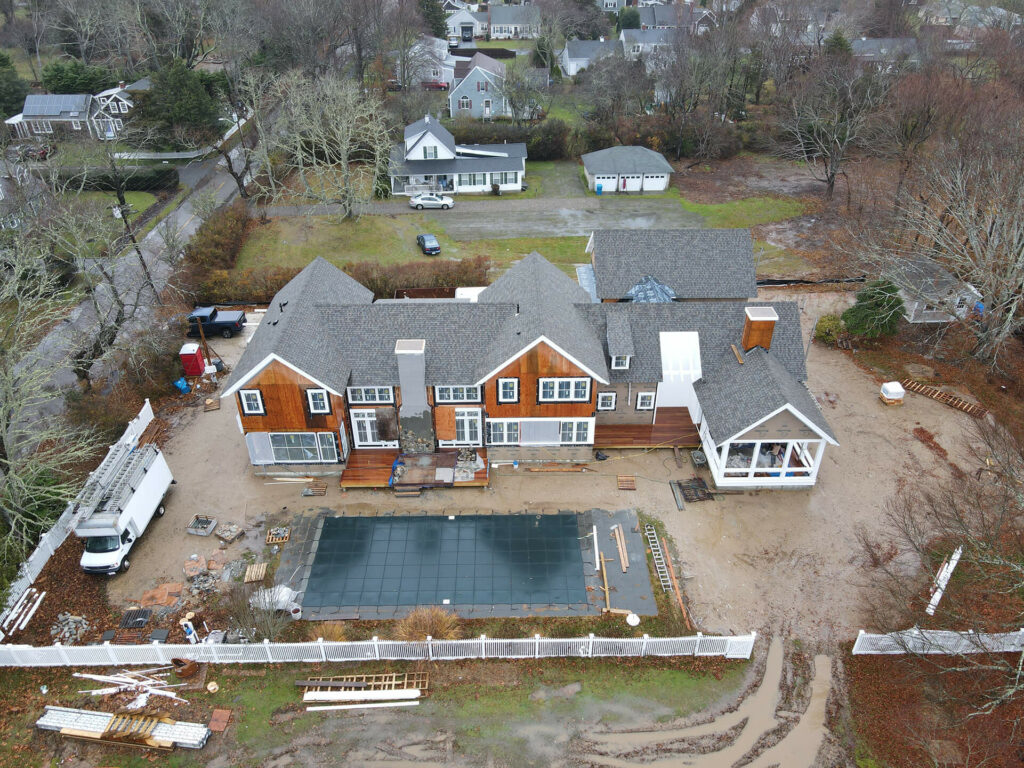As trends continuously change, modular homes have grown increasingly popular. However, when searching for homes, if you don’t know what to look for, then there’s a chance you might not even notice that you are looking at a modular home. That’s because the primary difference between modular homes and conventional homes isn’t how they look or how they are laid out but rather how they are built.
In this article, we’ll detail the construction process of a modular home compared to a conventional one and discuss the two designs’ pros and cons to help decide which type is the best fit for you and your family.
Modular Homes vs. Conventional Homes: What’s the Difference?
As we’ve mentioned, the difference between a modular home and a conventional home isn’t something you are likely to notice at a glance. Once their construction is complete, modular homes look almost identical to their traditional counterparts. How modular homes are constructed, though, is very different from the conventional home construction process.
Rather than being built on-location, modular homes are constructed one room at a time in a controlled factory then assembled on-site using cranes to lower the modules into place. This process offers many benefits compared to the traditional home construction process, however, it also has a few drawbacks that are worth considering.
Benefits of Building a Modular Home
The first benefit of choosing a modular home is that most of the home’s construction will be completed in a controlled environment, meaning that the materials in your home will not be exposed to contaminants such as dirt, mold, and dust during the process. Constructing a home in a controlled environment also means that poor weather won’t necessarily halt the construction process as it is prone to do on a traditional construction site.
Another benefit of modular homes is that they typically take less time to build. On average, conventional homes take about 30 weeks to construct completely. Modular homes, meanwhile, take between 10 to 20 weeks to create and an additional seven to 14 days to assemble on-site. This means that you can save anywhere from eight to 19 weeks of work by choosing a modular home. However, it’s worth noting that this reduced construction time won’t necessarily translate the considerable savings on the house’s cost. While modular homes tend to be more affordable than conventional homes, the average price difference between them is far from extraordinary.
The final benefit of choosing a modular home is that they are more eco-friendly than conventional ones. This is because modular homes require less labor and heavy machinery to construct and have less impact on the environment where the house is being built. Also, very few materials are wasted during the construction of this type of home.
Drawbacks of Building a Modular Home
While there are not many drawbacks associated with building a modular home, a couple are worth noting. The first drawback to modular homes is that it may not be possible to assemble if there are many power lines nearby that would prevent the crane operators from lifting the home’s modules into place.
The second drawback is that many neighborhoods have restrictions in place, such as the requirement for brick-only homes. Although it is possible to build a brick facade around a modular home, doing so is likely to end up being more costly than merely making a conventional home.
Let e2 engineers Help You Design the Perfect Home
Whether you decide that a conventional home or a modular home is the right choice for you, e2 engineers can help. Our expert team of structural engineers can help you choose the best type of home for your needs and location, as well as help you develop a design that is both economical, safe, and aesthetically-pleasing.
To learn more about our industry-leading construction services, contact us today!

